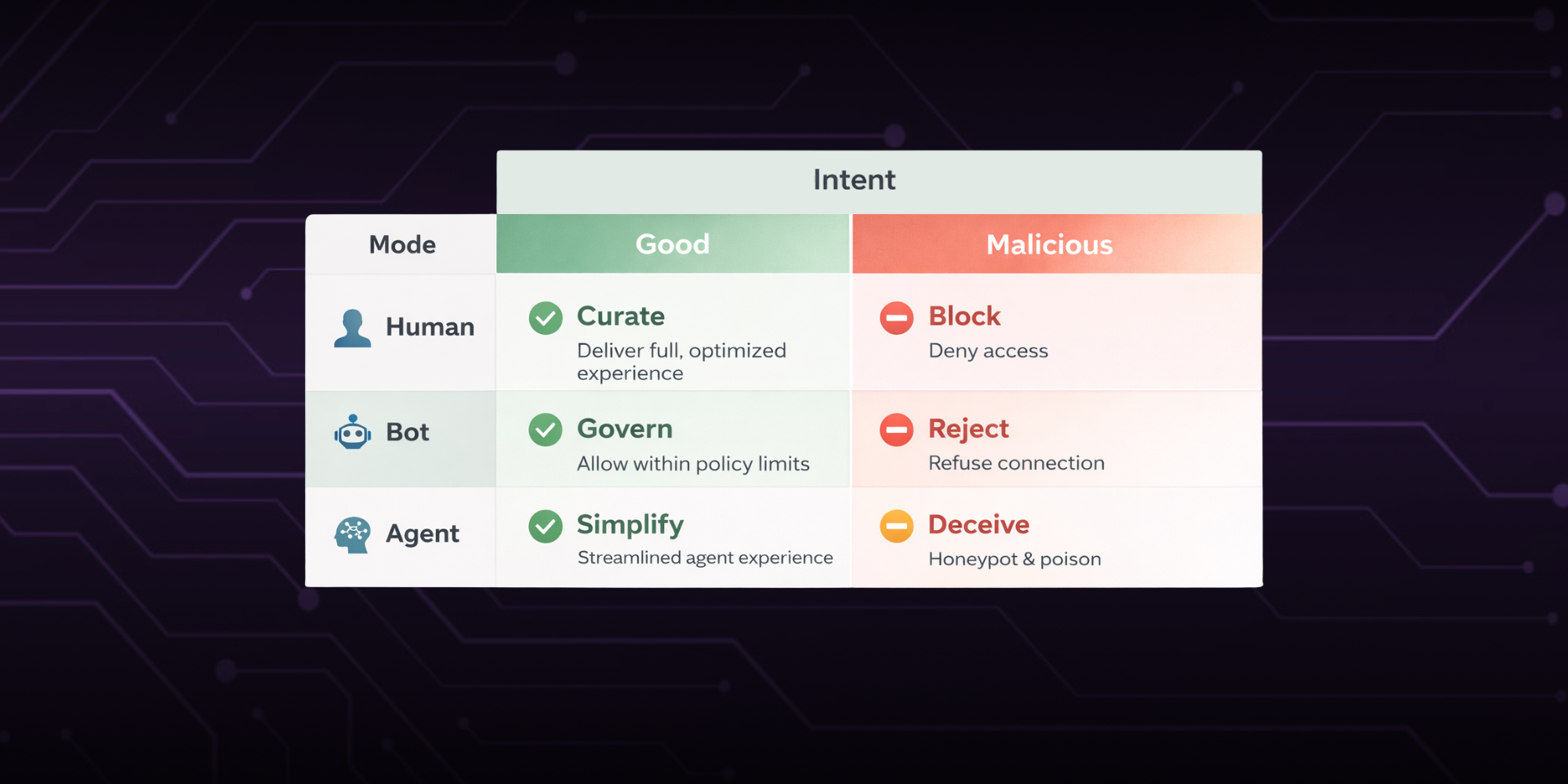
#24: Retail Impersonation Fraud, March Madness Betting, Attackers Using AI Too
After a couple of weeks away for MRC Vegas, we’re back. While budgets might be tightening, fraud isn’t slowing down. This week, we’re looking at fake retail websites stealing consumer payments, March Madness scams ramping up, and how AI agents are reshaping fraud detection. Let’s get into it.
NATE'S TAKE - MARCH 25, 2025
Top Three This Week
- Retail Fraud is Rising as Scammers Mimic Trusted Brands
- March Madness Scams Are Back And Betting Fraud is Growing
- Companies Are Using AI to Detect Fraud But Are They Staying Ahead?
1. Retail Fraud is Rising as Scammers Mimic Trusted Brands

Joann Fabrics is warning customers about a surge in fake websites impersonating its brand—offering deep discounts, collecting payments, and never delivering products–as they’re undergoing liquidation. It’s a scam that’s been around forever, but fraudsters are getting better at mimicking legitimate retailers, making it harder for consumers to tell the difference.
Retailers across the board are dealing with increasingly sophisticated brand impersonation fraud, with scammers setting up lookalike sites that copy logos, mimic official domains, and even run fake ad campaigns to appear legitimate.
For fraud teams, this highlights the need for brand protection strategies that go beyond internal fraud detection:
- Monitoring for fake domains and impersonation ads
- Educating customers on safe shopping habits
- Embedding fraud prevention into the checkout experience (e.g., warning customers if a payment method is flagged for risk)
Retailers can’t afford to let brand trust erode—because when fraudsters win, it’s real businesses that take the reputational hit.
2. March Madness Scams Are Back And Betting Fraud is Growing

With March Madness underway, authorities are warning about a surge in illegal sports betting scams, particularly in states with tight gambling restrictions like Maryland. Fraudsters are targeting consumers through:
- Fake betting websites that steal deposits and personal data
- Scam sportsbooks promising “risk-free” bets and bonuses
- Social media and text-based betting scams impersonating legitimate platforms
We’ve covered sports betting fraud before (FIF9, FIF17), and the trend is clear: as more states legalize online betting, fraudsters find new gaps to exploit, and illegal betting markets don’t just disappear—they adapt.
For fraud teams in payments, fintech, and gaming, this is a reminder to tighten identity verification, watch for unusual betting activity, and monitor for scam betting sites impersonating real platforms. Fraudsters will be betting big this season—make sure they don’t win.
3. Companies Are Using AI to Detect Fraud But Are They Staying Ahead?

AI agents are changing how businesses approach fraud detection, but fraudsters are adapting just as fast. New research highlights how AI-driven security tools can detect anomalies in transaction patterns, automate risk decisions, and refine fraud models in real-time.
But here’s the problem: AI agents work both ways. Just like businesses use AI to fight fraud, attackers are using AI to scale fraud. We’ve covered how AI-powered browsing bots are bypassing traditional fraud defenses, and as AI adoption grows, so does the risk of:
- AI-driven identity fraud and synthetic identity creation
- Automated social engineering attacks that adapt to victim responses
- Fraudsters manipulating AI security tools by feeding them junk data
For fraud fighters, this means understanding the limits of AI in fraud detection—AI can help stop fraud, but it isn’t a silver bullet. The next phase of fraud prevention will be less about chasing bad actors and more about ensuring the AI models meant to stop them aren’t being exploited in the process.
Ready to get started with Spec?
Nate Kharrl, CEO and co-founder at Spec, has built leading solutions for application security and fraud challenges since the early days of the cloud era. Drawing from his cyber experience at Akamai, ThreatMetrix, and eBay, Nate helped found Spec to focus on the needs of businesses operating in a landscape of increasing AI risks. Under Nate’s leadership, Spec grew from its mid-pandemic founding to raise $30M in venture-backed funding to build solutions used by Fortune 500 companies transacting billions in online commerce. Spec’s service offerings today include protective measures for websites and APIs that specialize in defending against attacks designed to bypass bot defenses and risk assessment platforms.




